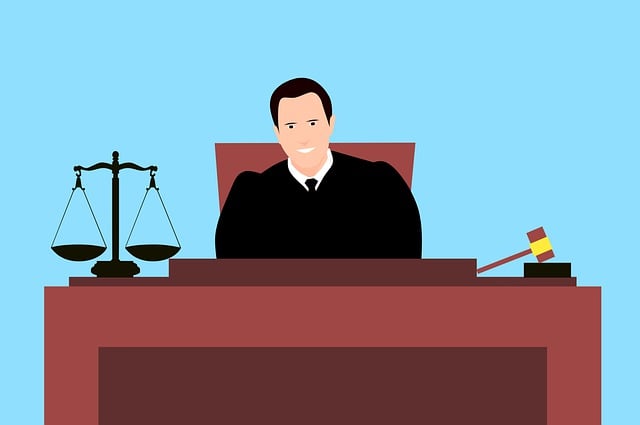Antitrust violations disrupt market competition and consumer choices, highlighting the importance of understanding the legal framework, especially the "Understanding Burden of Proof in Criminal Cases." Prosecutors must prove beyond a reasonable doubt that anti-competitive behavior has occurred through strong evidence of agreements or actions manipulating prices, production, or market allocation. Strict enforcement encourages ethical business practices, ensuring fair trade and a competitive marketplace. Defending against accusations requires navigating intricate legal terrains, proving the absence of anti-competitive behavior, and distinguishing between corporate and individual liabilities.
Antitrust violation cases involve the breaking of laws aimed at fostering fair competition, protecting consumers, and promoting economic growth. This article delves into the intricate world of antitrust law, offering a comprehensive guide on defining violations, understanding the legal framework, and exploring key elements of proof required to establish criminal liability. We also dissect challenges and defenses, providing insights for strategizing effective defense in such cases, with a focus on the crucial aspect of the burden of proof in criminal matters.
- Defining Antitrust Violations: Legal Framework and Examples
- Elements of Proof: Establishing Criminal Liability
- Challenges and Defenses in Antitrust Cases: Strategizing Defense
Defining Antitrust Violations: Legal Framework and Examples

Antitrust violations refer to actions by businesses or individuals that restrict competition or stifle market growth. These practices are governed by a robust legal framework designed to promote fair trade and maintain a competitive marketplace. The primary objective is to ensure that companies operate within ethical boundaries, fostering an environment where consumers benefit from diverse options and non-discriminatory pricing.
The understanding of burden of proof in criminal cases plays a pivotal role when addressing antitrust violations. In such legal proceedings, prosecutors must demonstrate beyond a reasonable doubt that anti-competitive behavior occurred. This includes presenting compelling evidence of agreements or actions that artificially inflate prices, limit production, or allocate markets among competitors. Examples of such violations span across the country and involve both corporate and individual clients, highlighting the need for an unprecedented track record in enforcement to maintain a level playing field in business operations.
Elements of Proof: Establishing Criminal Liability

In antitrust violation cases, establishing criminal liability requires a robust understanding of the burden of proof in criminal matters. The prosecution must prove each element of the crime beyond a reasonable doubt, which is often referred to as the “understanding burden of proof in criminal cases.” This means that every fact necessary to establish the guilt of the defendant must be convincingly demonstrated to a jury.
For antitrust charges, this involves proving intent, harm to competition, and the specific actions or conduct that violate relevant laws. In high-stakes cases involving both corporate and individual clients, navigating all stages of the investigative and enforcement process with this stringent standard in mind is crucial. The complexity of these cases often demands meticulous attention to detail, thorough documentation, and strategic legal representation to safeguard against unjust accusations.
Challenges and Defenses in Antitrust Cases: Strategizing Defense

In antitrust violation cases, strategizing a defense involves navigating complex legal landscapes and understanding the burden of proof. The key challenge lies in demonstrating that no anti-competitive behavior or agreements have occurred within a respective business. This requires meticulous documentation and evidence to counter allegations at every stage of the investigative and enforcement process. One common defense tactic is to argue that any actions taken were for legitimate business purposes, such as improving efficiency or responding to market competition, rather than anti-competitive practices.
Moreover, distinguishing between corporate and individual clients is crucial. While corporations may face significant penalties, individual executives can be held personally liable if they actively participated in the violation. Therefore, a robust defense strategy must consider both the legal standing of each party involved and present compelling evidence to counter the prosecution’s understanding burden of proof. This includes scrutinizing facts, witness testimonies, and relevant laws to build a solid case that respects the integrity of the antitrust laws while protecting the rights of all respective business entities.
Antitrust violation cases require a deep understanding of both the legal framework and the unique challenges involved. By examining the elements of proof necessary to establish criminal liability, defendants can better strategize their defenses. In these complex cases, navigating the burden of proof is crucial, ensuring fairness and accuracy in adjudication. Recognizing common defenses and adopting innovative strategies can lead to positive outcomes for all parties, fostering a more transparent and competitive marketplace.






